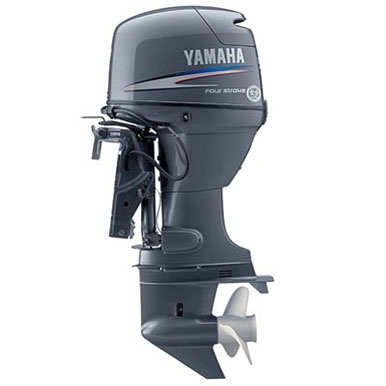Top Class Actions’s website and social media posts use affiliate links. If you make a purchase using such links, we may receive a commission, but it will not result in any additional charges to you. Please review our Affiliate Link Disclosure for more information.

Yamaha does not actually do business in the U.S., according to the July 6 motion to dismiss the class action lawsuit, so it cannot be a party to litigation arguing that an engine defect in Yamaha boat motors was undisclosed and could lead to significant problems. More specifically, they say that their American subsidiary buys the engines from the parent company in Japan and then handles all sales, marketing, warranty issues and more. According to the motion for summary judgment, that firm operates with relative autonomy.
However, they also shot back at the class action lawyers who alleged that the alleged Yamaha engine defect constitutes breaches of various warranties regarding both Yamaha Motor Co. and Yamaha Motors of United States. The relevant boat motors were “four-stroke F-Series outboards” made in 2002 and 2003 and purchased second-hand between 2005 and 2010, and reportedly have an issue where the exhaust system can malfunction, leading to water flooding the entire engines.
However, Yamaha’s defense team argues that while the plaintiffs may have discovered “internal corrosion of exhaust components” that does not matter because the Yamaha four-stroke boat motors had already been out of warranty for several years and further, that there is no duty to warn second-hand buyers of any potential defects because there is no venue for which to do so. According to California law, there can be no tolling of breach of warranty claims, they argue in opposition to the class action lawyers, because the warranties begin at the time of sale.
Further, the Yamaha engines did not fail even though they were in use for three times as long as the warranty period, according to the motion for summary judgment. Finally, the company argues that the plaintiffs alleging Yamaha boat engine defects must be able to identify prior knowledge that the manufacturer may have had in order to establish misrepresentations or negligence.
Yamaha is facing a similar class action lawsuit over alleged boat engine defects filed in Florida federal court. That case is Mitchell v. Yamaha Motor Corp. USA, Case No. 3:13-cv-00417, in the U.S. District Court for the Northern District of Florida.
Class action lawyers Christopher M. Burke and Hal D. Cunningham of Scott & Scott Attorneys at Law LLP represent the plaintiffs.
The California Yamaha Boat Motor Class Action Lawsuit is Philip Kirsopp, et al. v. Yamaha Motor Co. Ltd., et al., Case No. 14-cv-00496, in the U.S District Court for the Central District of California.
ATTORNEY ADVERTISING
Top Class Actions is a Proud Member of the American Bar Association
LEGAL INFORMATION IS NOT LEGAL ADVICE
Top Class Actions Legal Statement
©2008 – 2024 Top Class Actions® LLC
Various Trademarks held by their respective owners
This website is not intended for viewing or usage by European Union citizens.














